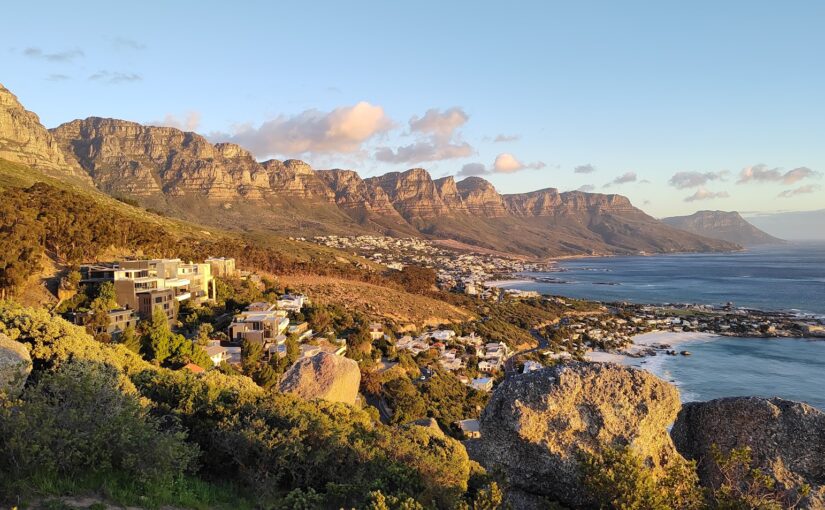Field of study in Wageningen: MSc Food Technology
Study period exchange: 31/01/2023 – 30/06/2023
Country (exchange): South Africa
City (exchange): Stellenbosch
University (exchange): Stellenbosch University
Faculty (exchange): Science
2. Motivation for exchange
Why did you choose to go on study exchange?
I wanted to broaden my worldview, step outside of my comfort zone, figure out what career I want to go into.
What is the reason you chose for this country/university?
An English speaking local culture was important for me. Furthermore, the Stellenbosch University is located in the Western Cape of South-Africa, known for its broad range of activities, both cultural and sporty. Within 30 minutes you are in the centre of Cape Town, known for its diverse culture/melting-pot character. With the countless beaches and mountains there are avid options for nature-based activities.
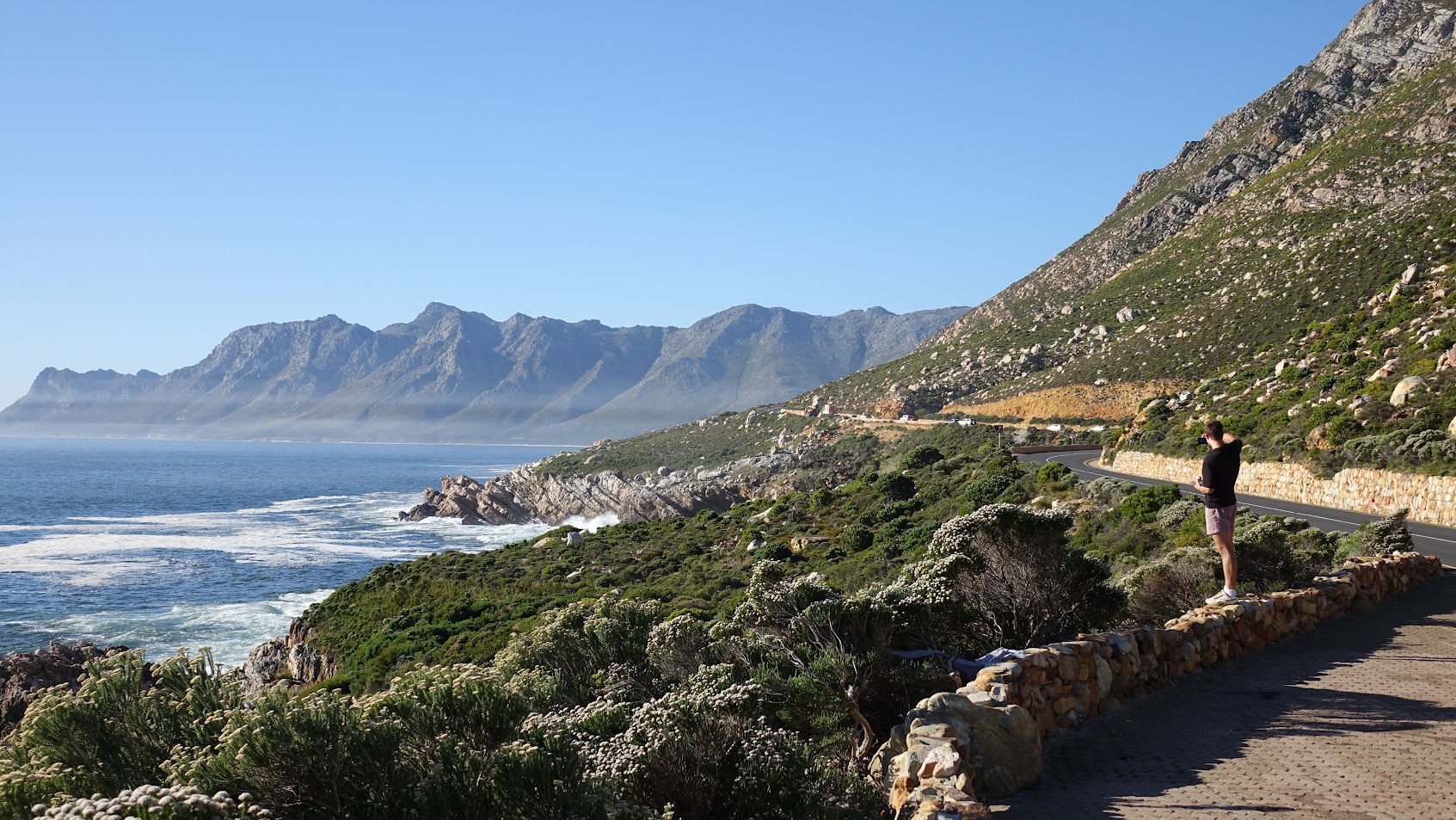
3. Accessibility to reach destination
Do you have any tips to reach your exchange destination?
Fly to CPT, the university will pick you up there.
4. University and studying
Could you provide some general information about the followed courses?

How is the study formalized?
I perceived the academic level to be slightly below Dutch standards. The facilities (laboratories, wifi, library, online learning options) were good, it is just that the assignments/tests/tutorials are set-up in a lower degree to challenge one’s creative and deep thinking brain, in a higher degree to test memorizing and rehearsal of information.
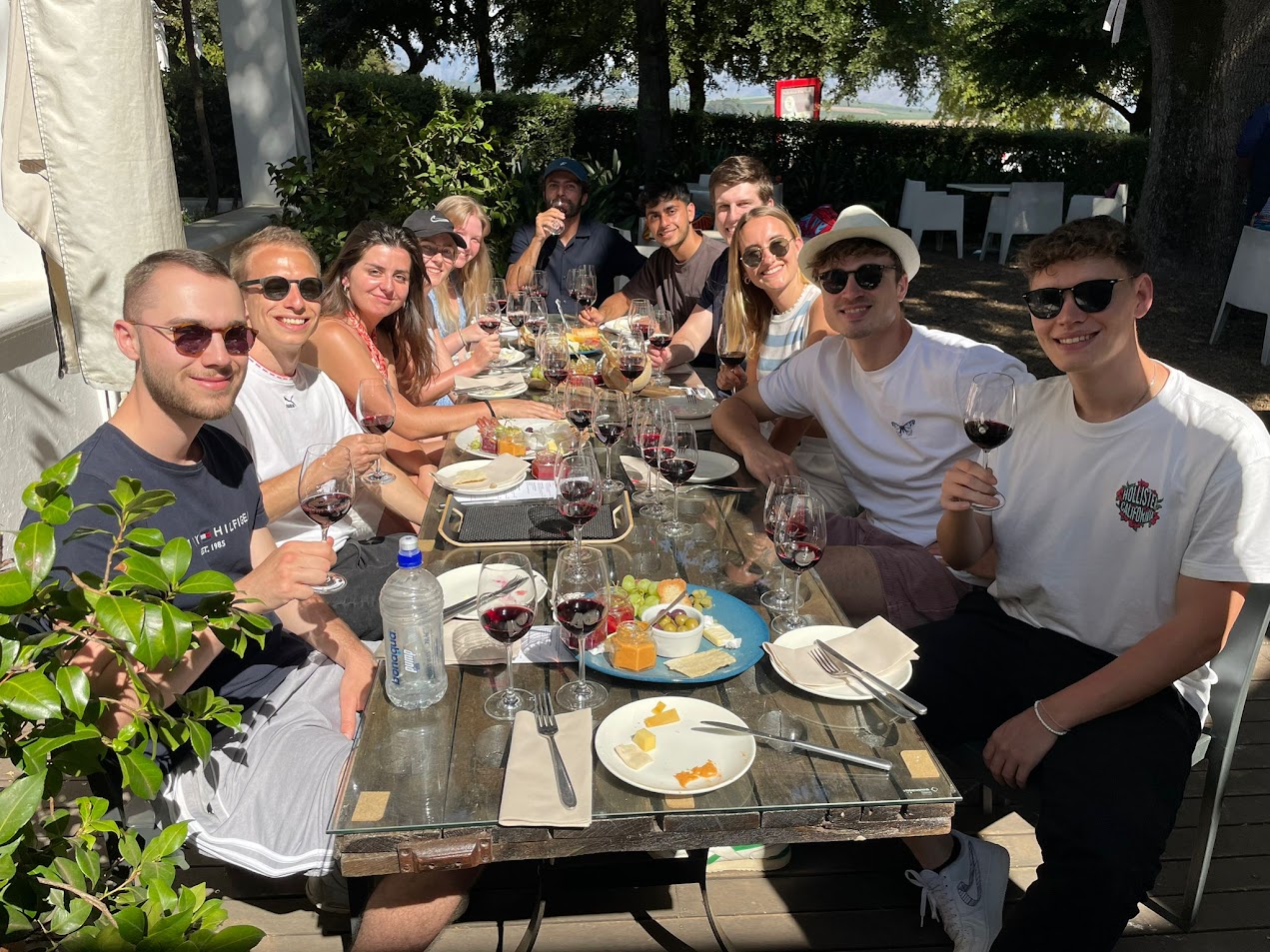
What is the culture of the university?
The lecturers are super approachable and based on my experiences really open to answer all your questions. If you are lucky they even ask you a bit about your story, as you are an international, and they are often interested as to why you came to south Africa. Local students are extremely nice too, very approachable, and they will bring you along to local bars/events, without you even having to ask for it.
What does the university offer the student additionally?
There is a great gym (Maties gym), countless sports associations you can join, catering facilities on campus, everything you need. Think of it like an American-style campus, everything is organised and happens on campus: from hospital to cinema to sport to going out. In Academica/Concordia (the place where I stayed) they have laundry/catering facilities.
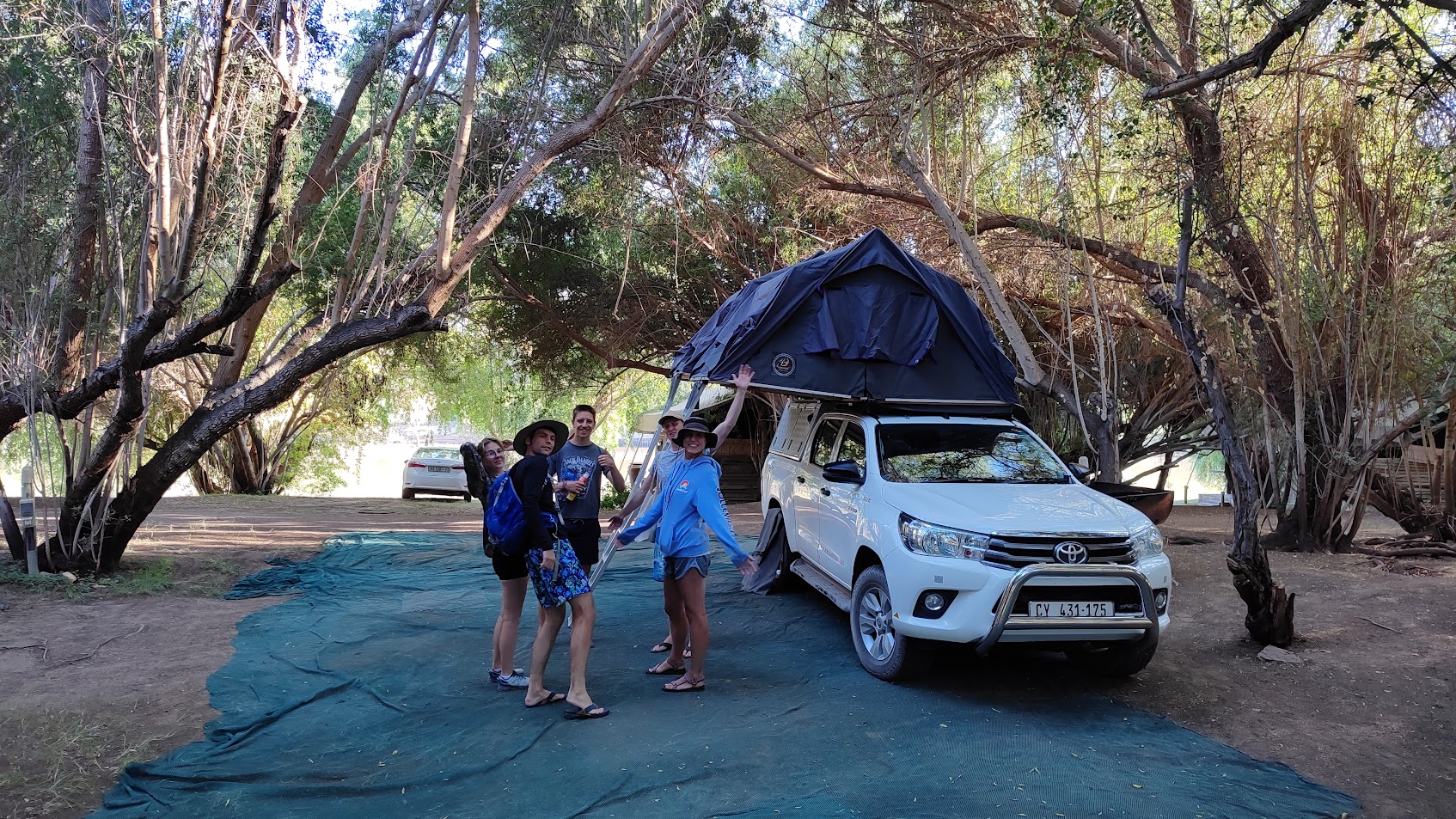
5. Housing-travelling-living
What are the possibilities for housing?
I was lucky enough to have my accommodation under the university umbrella, rather than looking for private accommodation (you can sign up for academia/concordia online and if you are lucky you get a spot). I would highly recommend this as it was so easy to make international friends (there were about 200 in our residence, sharing the same mini-market, soccer field, volleyball field, laundry room -> very easy to get a social life going). I paid 400 euro per month, which is quite expensive for what you get (literally a room with a bed and a closet), but I did have my own bathroom and as said, there were so many social opportunities that it was well worth it. Your other option would be to go rent a house from a private landlord owners. These might be more cheap/expensive (depending on level of luxury, location). Most students get accommodation via these routes. Use google and start looking.
What is the culture of the country like?
The South African history is a complex one, and the remnants of colonialism and apartheid are still visible in every layer of the society. So make sure you prepare for a country that is characterised by economic inequality, unequal access to education, and a high separation of cultural/social groups. The South African cuisine is highly meat-based (braais), but I had plenty of friends who were a vegetarian and also vegan throughout their exchange. Overall the South Africans are very hospital, but it is difficult to say general things about the South African people, as they are divided over many sub-groups, with their own habits, customs and background (Xhosa, Zulu, Afrikaans, English-descendants).
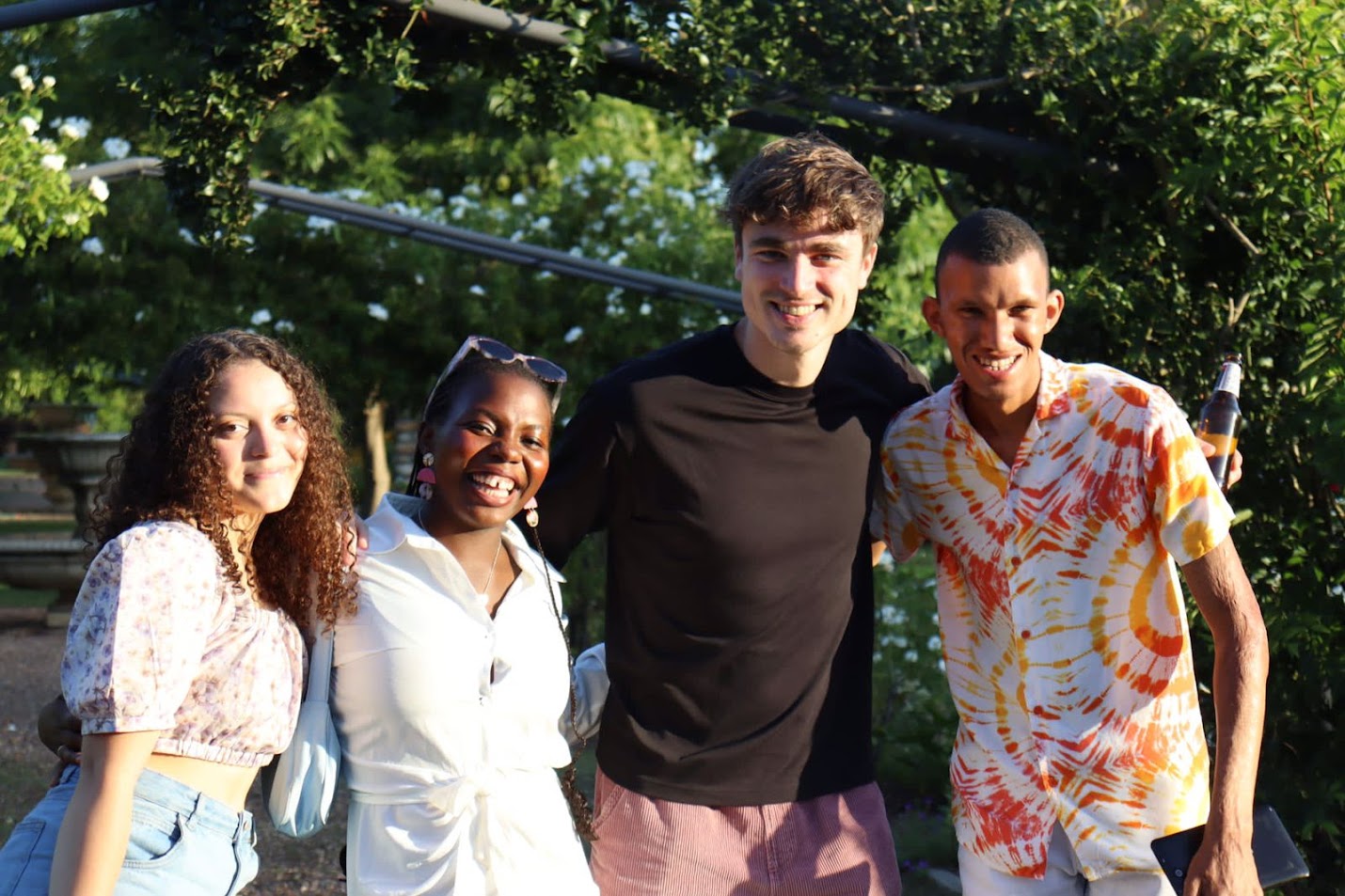
Could you give a general price indication of the place of residence compared to living in Wageningen?
In Stellenbosch I would say the accommodation prices are comparable to that of Wageningen. I paid 400 euro per month, but I also know of people finding accommodation below that. You can also find higher, but then your facilities will likely be better too (own parking spot, maybe a pool, etc.).
Could you give some information about public transport infrastructure?
The South African public transport system is underdeveloped. There used to be a train connection between Stellenbosch and Cape Town, but due to copper thefts the train industry is no longer at the forefront. Uber is affordable and is the most used means of transportation. It is safe and many drivers are available. Then there are similar apps to uber, such as Bolt or N-driver, which are generally more cheap, but also less available, so it might take you longer before you find a deal. About 15% of students gets their own car, but expect to pay ~350 euro/month for it, excluding gas.
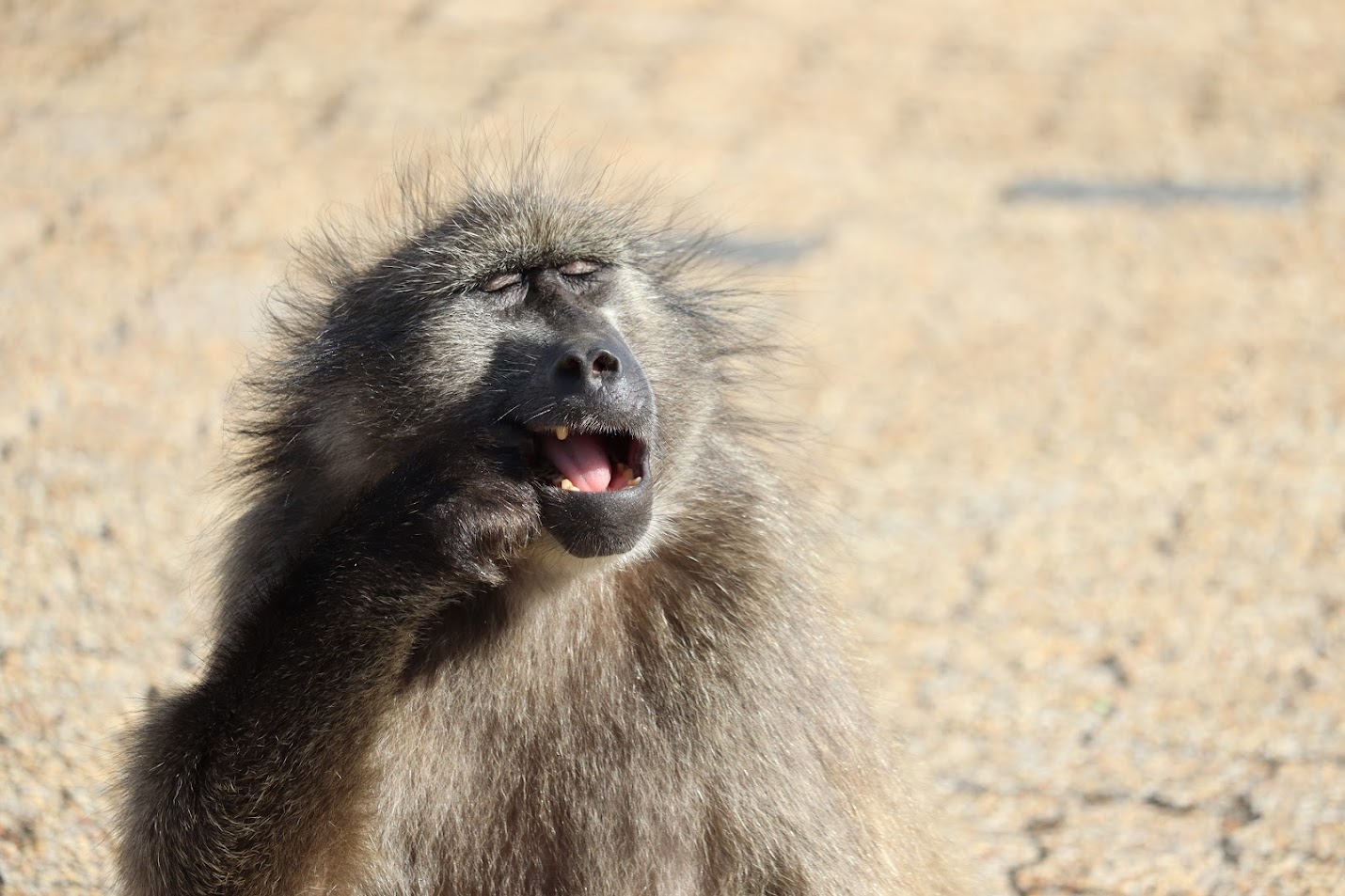
6. Free time
What are must-sees in the area?
Stellenbosch, Cape Town, Cederberg, Hermanus, Garden Route. Cape Town and Stellenbosch you can do by uber, for the others I would recommend renting a car. You don’t have to plan much in advance. I would say avoid doing Garden Route in the winter months as the long day hours will be a joy when you are chilling along this scenic coastal road trip route.
What does not appear in the travel guide, but is worth a visit?
Rands! It’s a party in Khayelitsha, the biggest township of Cape Town. Obviously take the necessary safety precautions (don’t go alone, don’t walk at night but take an uber, don’t walk with your phone out), but I had one of my best days here. There will be 99% locals, and they are so welcoming. I was invited by one of my local friends, which made it a bit easier to connect, so I would recommend finding a local who can take you there. But I also know students who just went there without knowing anyone, and they had a great time too. On Sundays the party is the best.
Do you have general tips and tricks about leisure time?
In CPT: Marco’s African place. As CPT is melting-pot of different cultures sometimes it is almost difficult to find a true African restaurant, but this one ticks all of the boxes. Life music on Sundays, crocodile meat, caterpillars in tomato sauce, it’s a beaautiful experience. For going out I would highly recommend going to CPT on the first Thursday of the month (literally called first Thursdays) as the centre of the city transforms into a mini-festival. The predrinking starts in the art galleries, where you get served free wine and you can pretend you know a lot about art. After, go to the Waiting Room, a event-based venue where many locals will dance their hips out on old-school hiphop until deep in the night. Lastly, two lesser known but incredible beaches are Dappat se Gat and Llandudno beach (cliff jumping). Make sure to hit both.
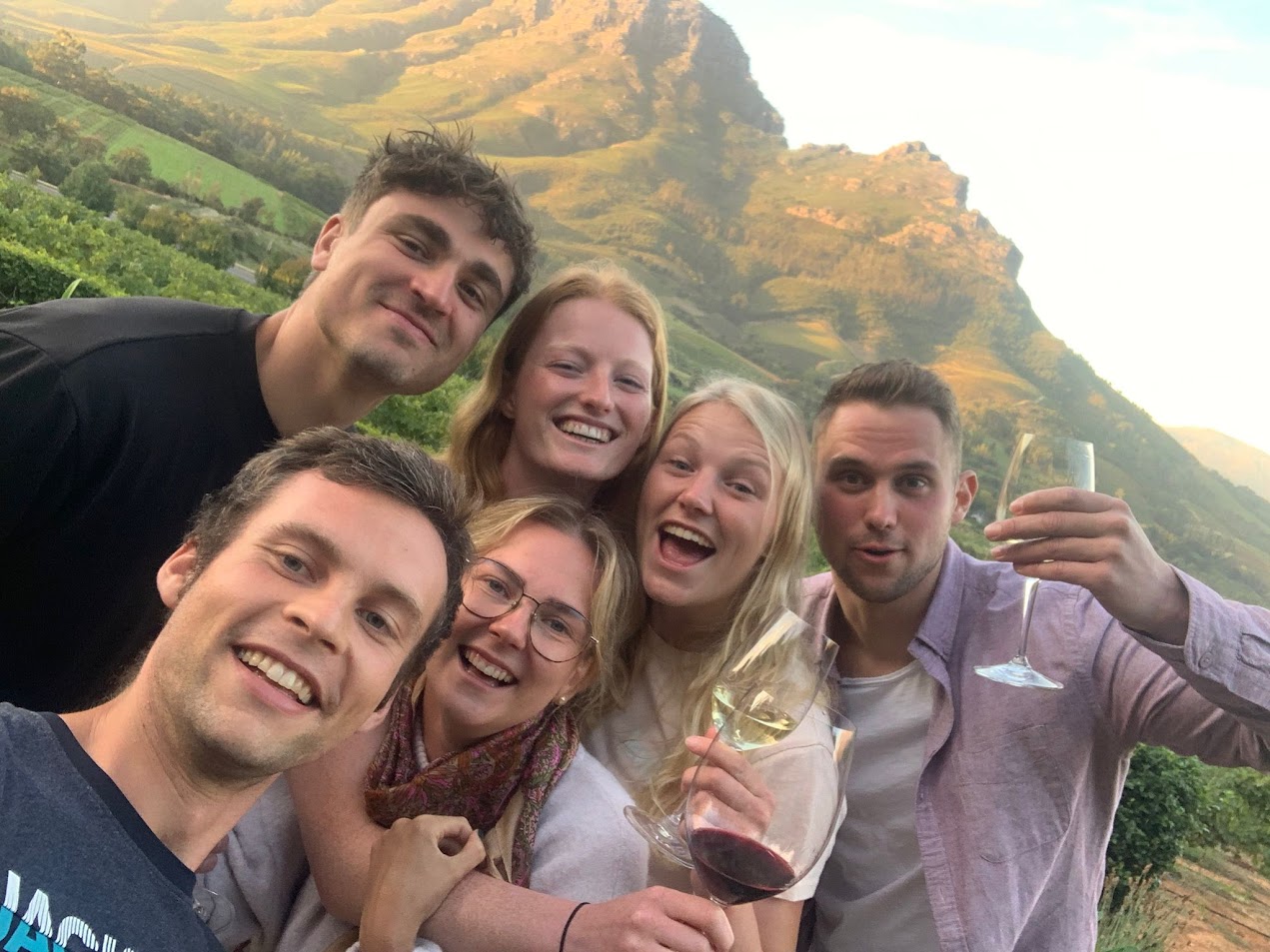
7. Challenges & best moment abroad
What was a challenge you have experienced?
One time we were with an (only white) group of students in CPT. We went to a social venue where we wanted to order drinks, but were not helped. When we asked people what was going on they said that it was a bit disrespectful that we entered this venue with an only white group, apparently it was a mostly black culture space and we were not at the right place. Unfortunately, South Africa is a country with a highly complex history and the years of colonialism and apartheid left many scars on the contemporary society. (by far the) Most people try to leave the past behind and erode the society that is divided according to race, and are very welcoming towards each other. But some still hold negative feelings towards people from different cultural backgrounds, which is also understandable. Then, it is sometimes challenging to see that all the domestic workers such as the people changing the trash bins, the cleaners, the shop workers, are (without exception) all people of colour. That is quite confronting at times. Then there is the many beggars on the street, you want to help them but the locals say to not give them money. Tell them you don’t have cash, but that you can buy some food with your card in a near food shop.
What was your best memory abroad?
Afrikaburn! A 7-day social gathering in the desert where people from all over the world come to exchange knowledge, dance, make fires, connect. Would highly recommend!
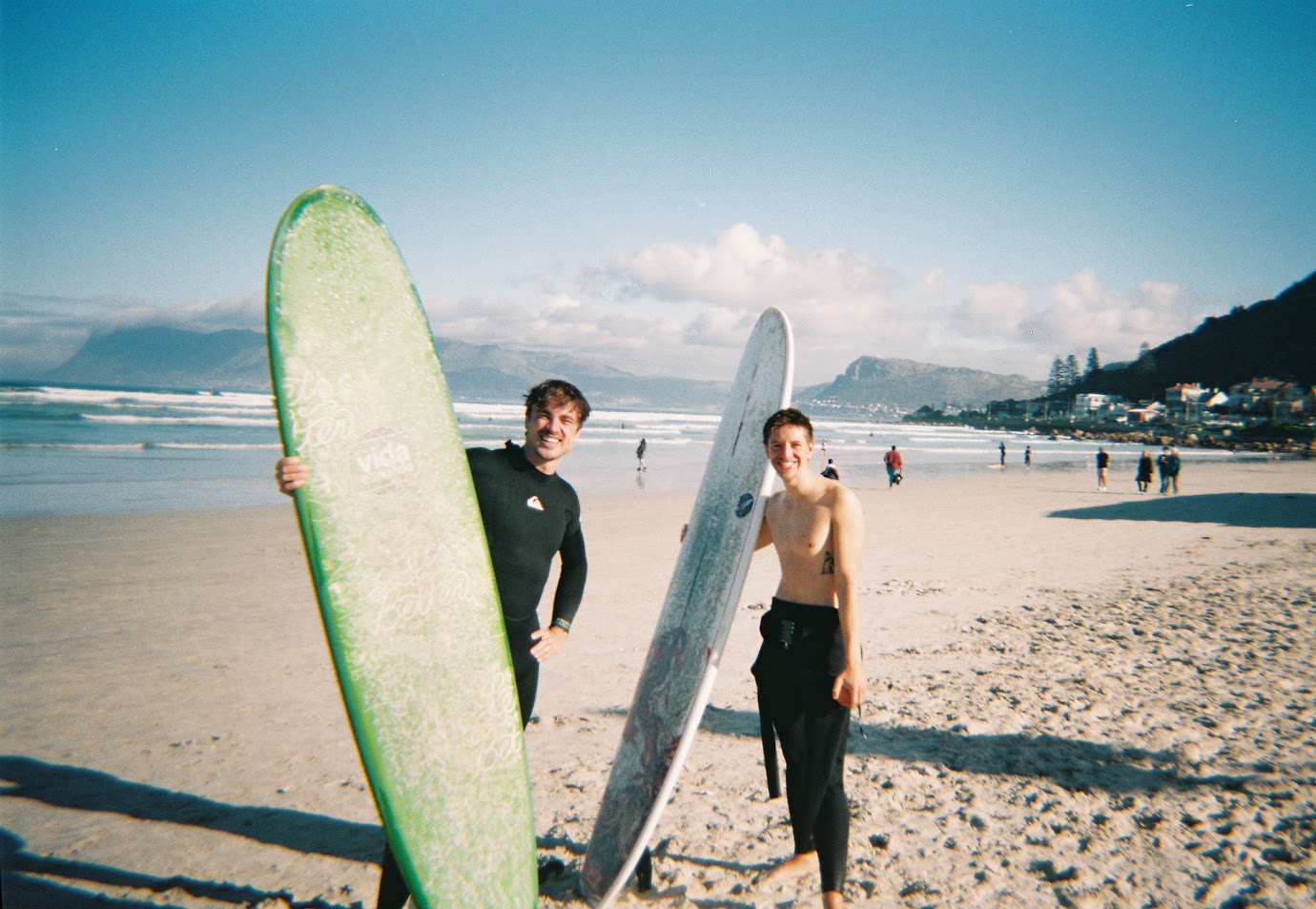
8. Contact Details
Would you like to ask Stefan more questions about his exchange?
Send him a mail: Stefan.voorde@kpnmail.nl

